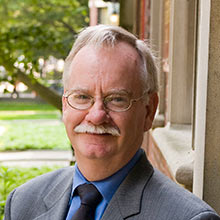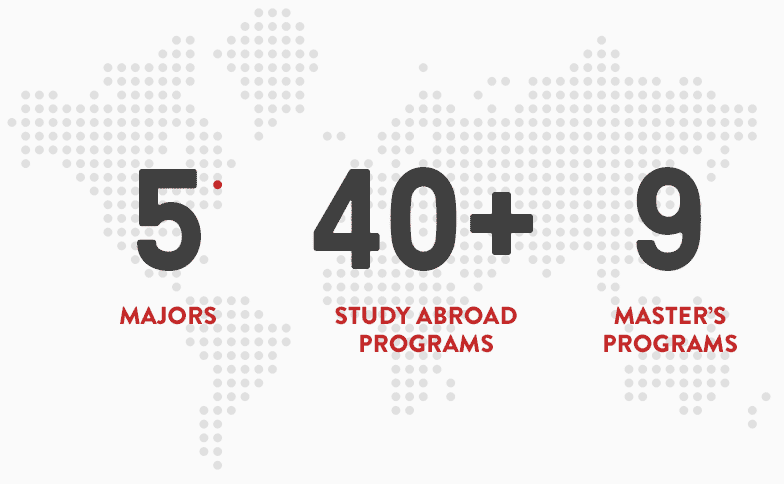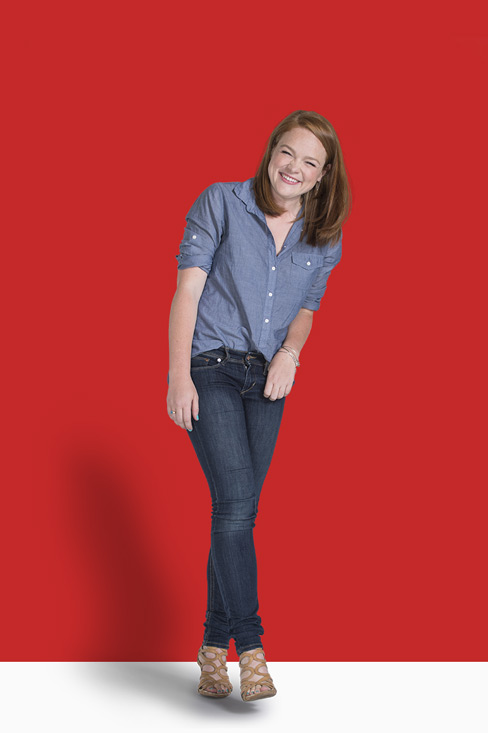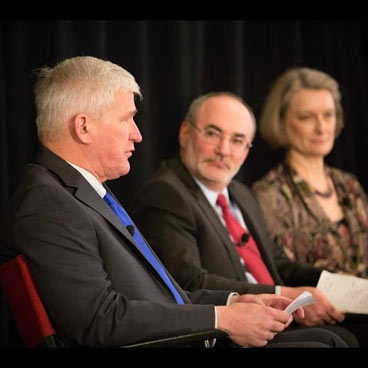Changing the world ain’t easy. And certainly not cheap. But thanks to a generous $25M gift last year from alumnus Frederick Pardee (SMG’54, GSM’54), many of our undergrads and graduate students will leave the University with an enriched global consciousness, able to pivot in a fast-paced world with fewer and fewer boundaries. The Frederick S. Pardee School of Global Studies unites for the first time all of the College of Arts & Sciences’ diverse international and regional studies offerings under one roof. Weaving together the social sciences, natural sciences, and humanities, the new school is aimed at nothing less than “advancing global human progress.”

“Mr. Pardee’s investment in Boston University and his vision of moving higher education forward to pioneer a new approach to address the important issues facing human development are extraordinary. The Pardee School will be transformational in our effort to prepare our students to work on the great challenges in the world.”

Spanning the World—at Home and Abroad
The Pardee School, which offers 16 degrees, comprises two divisions: one for regional studies and another for international studies. Students take courses at BU’s Charles River Campus, as well as at more than 40 study-abroad programs on six continents.
Undergraduate Majors
- International Relations
- Asian Studies
- European Studies
- Latin American Studies
- Middle East & North Africa Studies
50 Pardee Professors
Nearly 200 Affiliated Faculty
Global Expertise
Many of the school’s 50 professors have joint appointments, some tenured, some not, in the Pardee School and other CAS departments. In all, about 250 professors are affiliated with the school.
Bethany Saul (CAS’14)
It’s students like Bethany Saul (CAS’14) whom Frederick Pardee had in mind when he endowed our new School of Global Studies. Three days after receiving her diploma, Saul, an International Relations major, found herself in Jordan, where she spent the summer working in three refugee camps along the Syrian border. There, she conducted ethnographic research on secondary and higher education for displaced Syrian youth. When not in the field, Saul traveled to Lebanon to summarize findings with colleagues and lead a presentation at the Issam Fares Institute at the American University of Beirut. Saul credits BU’s interdisciplinary atmosphere with laying the groundwork for her. “The opportunity to learn from anthropologists, political scientists, linguists, sociologists, and others provided me with the tools I needed to conduct research amidst such political and social turmoil.”

